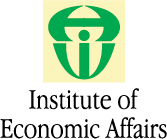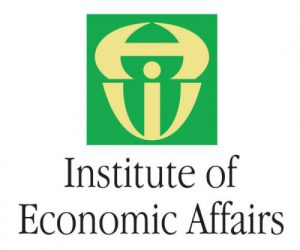Road map towards Universal Health Coverage (UHC) in Kenya
What is the state of play from a health financing perspective?
The government has set out to implement policies and programs under the Universal Health Coverage (UHC) pillar in its ambition to ensure that by 2022 all Kenyans receive the quality health services they need without suffering financial hardship. This is in line with what the World Health Organization (WHO) defines as UHC. What this presupposes or introduces is the element of equity and the need to dedicate and optimize resources to health in order to ensure that all Kenyans are protected from financial risk associated with seeking health care. Already the government has rolled out the UHC pilot framework and a road map as a guide towards the attainment of UHC for all its citizens.
Among other things, the health care financing system is critical towards accelerating progress towards the attainment of UHC. The health care system in Kenya like in many other countries is financed from a number of sources, namely: taxes (GoK); user fee and out of pocket spending; donor assistance; health insurance (public and private) and charitable organizations. An interrogation of total health expenditure trends for the period 2012/13 to 2015/16 reveals the following salient messages on Kenya’s health care financing state of play and what it portends to the realization of UHC.
- Total health expenditure increased in absolute terms, from Ksh 271.97 billion in 2012/13 to Ksh 345.7 billion in 2015/16. Although the bulk of this spending, 37% is sourced from public investment (GoK), out of pocket spending of 31% is markedly above the 12% target by 2022 projected for ensuring protection against financial risk.
- GoK health spending in 2015/16 was about 6.7% of the country’s budget which was less than 15% as per the Abuja Declaration target.
- Primary health care budget share has rather been stagnant and amongst the lowest in the region. Funding of these programs still remains donor dependent at 80%.
- Rebasing of the country’s economy from a low-income country to a lower middle-income country means that the donor support for what the country is receiving will decrease.
In recognition of the high proportion of out of pocket payment which eats into a significant portion of a low-income household’s budget, the government initiated reforms towards moving away from or minimizing out of pocket payments. The first of these reforms was the abolishment in 2013 of all user fees in public dispensaries and health centers and the other is the implementation of free maternity care policy. Evaluation reports of how these two interventions have performed are something for the public to keep an eye on.
Other emerging questions include:
- The expected benefits of the UHC package;
- Who will pay for it (GoK), premiums by individuals?
- Which levels of health facilities will provide health care services under UHC?
Alignment of National Hospital Insurance Fund (NHIF) to UHC vis-a-vis overall management of the UHC package
Amidst the foregoing emerging questions, a test on the government’s commitment to achieving UHC will be demonstrated by whether the health budget share is progressively being scaled up and whether the government’s efforts towards increasing the prepayment mechanism through NHIF from the current membership of 8 million to 13 million by 2022 is feasible. These two efforts are key to reducing out of pocket payments and in turn cushion the vulnerable from financial burden.
These are some of the issues that should inform debates and dialogue as well as citizens oversight around our preparedness as a country towards the achievement of UHC as one of the Big Four Agenda.



